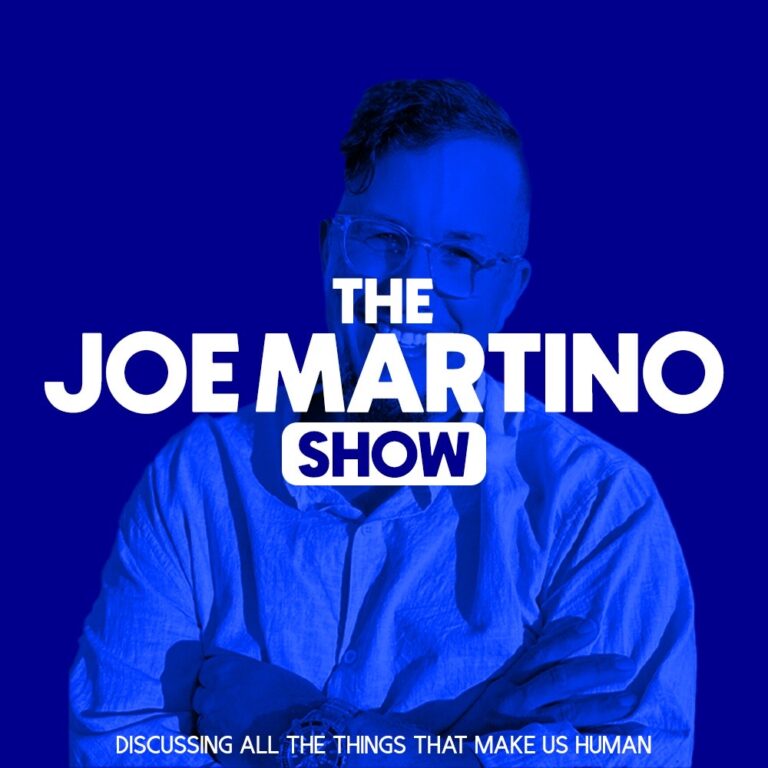Dr. Gregory L Jantz’s book, Hope, Help and Healing for Eating Disorders deals with both “eating disorders” and “disordered eating.” As a Counselor I was immediately drawn to this book. It seems in our society, overweight people are the last people group that it is OK to mock and make fun of for our enjoyment. I actually had a guy tell me that he enjoyed me being at the poker game because I was fat and it was not only OK but it was expected that people would make fun of people. For some reason, I had no desire to visit his faith community.
In another conversation I heard someone use the terms overweight and glutton synonymously. When I asked about this, I got a rather convoluted answer—in my opinion. What does this have to do with the book? Well, a lot of people who talk about food intake are rather judgmental about it. Rather than admit that they are selling out to our society’s obsession with being thin, they are cloak it in spirituality and science, which is usually a parroting of the latest book/DVD/commercial they read or saw. The truth is that body image is a huge issue for almost everyone. Many people are struggling to answer core questions about themselves through their management of food and their body image. Some try to answer this question through exercise and food control, while others choose to answer it through over-indulging.
This book deals with eating disorders without becoming judgmental about them. He points out that there are people who look healthy, who have disordered eating. A great quote early in the book is “Some people suffer from a diagnosed eating disorder and some suffer from a debilitating pattern of disordered eating” (p. 27). He points out that it’s not just people who have bulimia, or anorexia that have food disorders. If food has moved from being about nutrition to some sort of control in your life, you probably have an eating disorder. I found this perspective to resonate powerfully.
He comes at these issues from what is essentially a Family Systems approach first and foremost. There is nothing wrong with that necessarily, but I do think there are other issues that factor in from an existential point of view, which he doesn’t seem to address but that could be because I tend to view almost everything from a search for meaning point of view. He also deals with the issue of abuse and how that factors into eating disorders/disordered eating. These two aspects are the strength of the book. He offers hope and guidelines to help people through these disorders. I do wonder how helpful a book can be on its own merit. It seems to me that eventually a person dealing with these will have to enter into Therapy.
Overall, I think this book is an excellent read. There are a few minor points where he and I would part ways but I am not the one of us that is running a successful recovery institute.
3.5 out of 5 stars
I received this book free from WaterBrook Multnomah Publishing Group as part of their Blogging for Books program. I was not required to write a positive review. The opinions I have expressed are my own. I am disclosing this in accordance with the Federal Trade Commission's 16 CFR, Part 255

